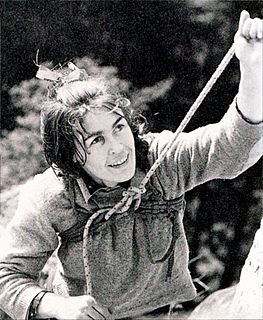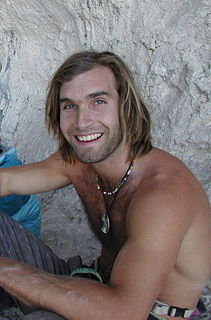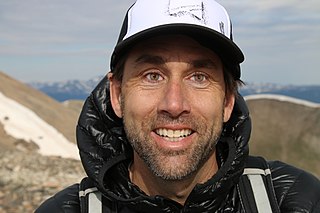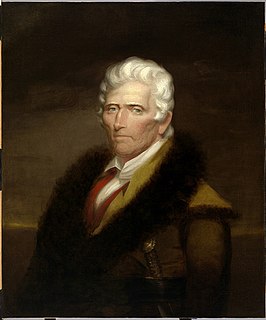A Quote by Reinhold Messner
When I lost seven of my toes on Nanga Parbat and small parts of my fingertips I knew I'd never be a great rock climber. So I specialized in high-altitude climbing.
Quote Topics
Related Quotes
My father blamed me for my brother Gunther's death, for not bringing him home. He died in an avalanche as we descended from the summit of Nanga Parbat, one of the 14 peaks over 8,000m, in 1970. Gunther and I did so much together. It was difficult for my father to understand what it was like up there.
We search out the most perfect pieces of rock. It's so amazing that these formations are so perfect for climbing on. It's almost as if they were created for climbing. You're taking these random rock formations and you're bringing to it this interaction. It transforms it from being this random rock into almost this piece of art. It's almost like a sculpture or something. Just by finding the handholds, finding that line up the rock. Every climb is different, has its own unique set of movements and body positions. Climbing and my appreciation for nature are totally intertwined.
































